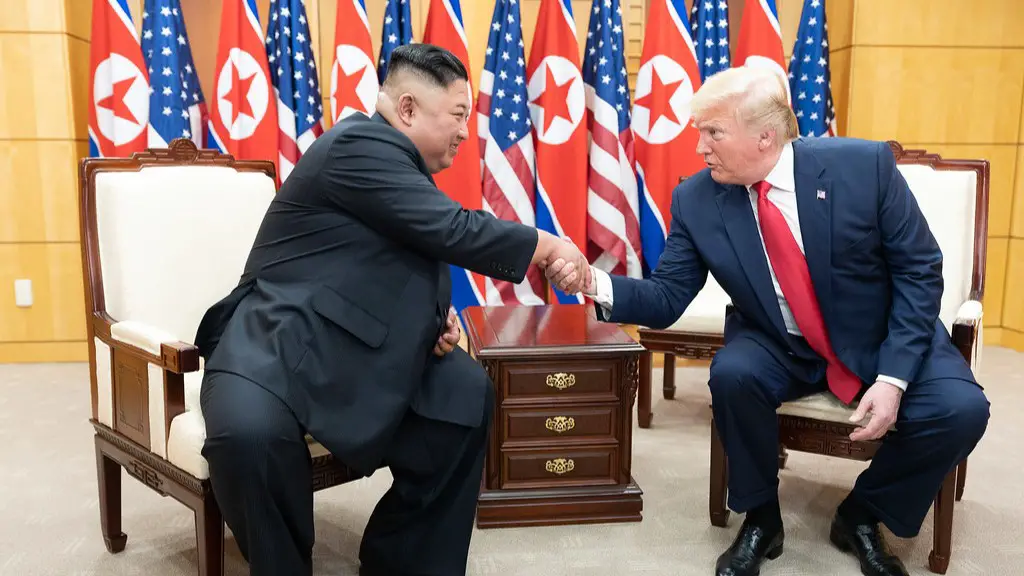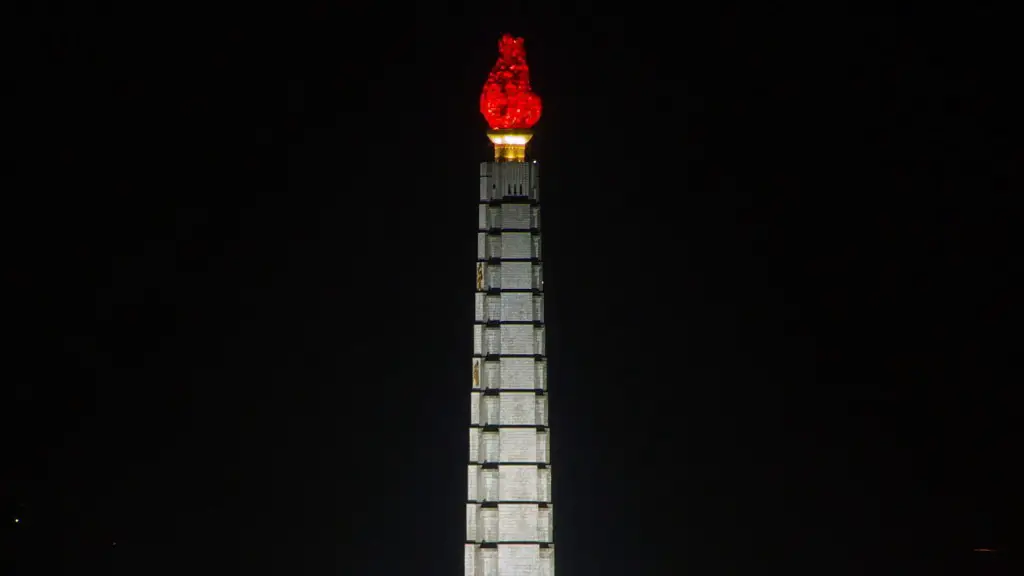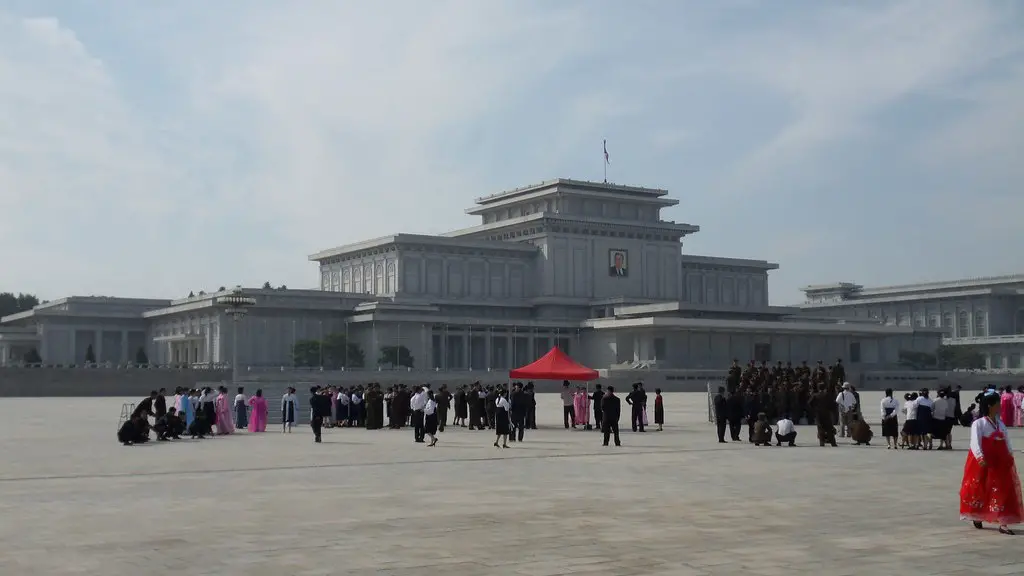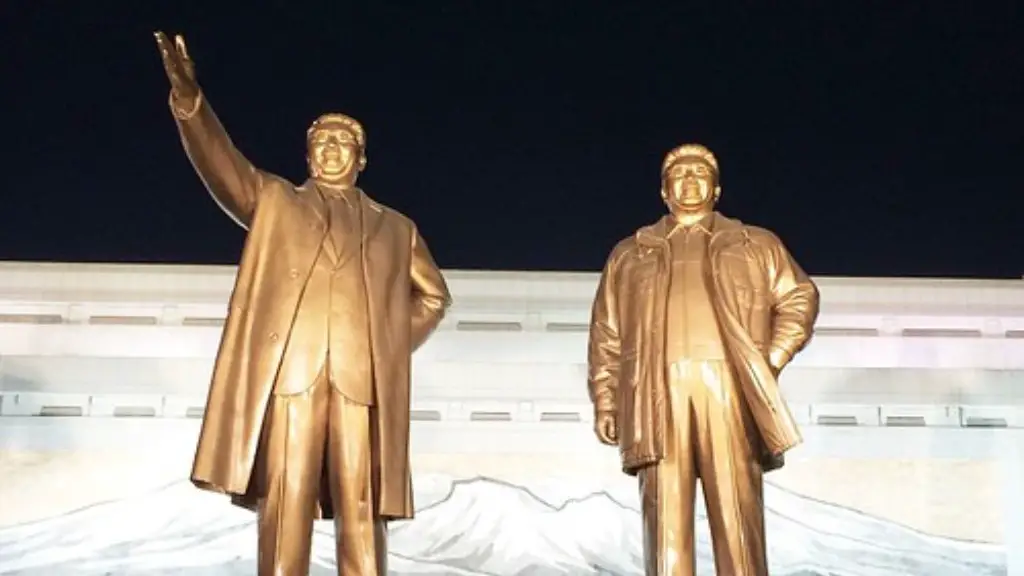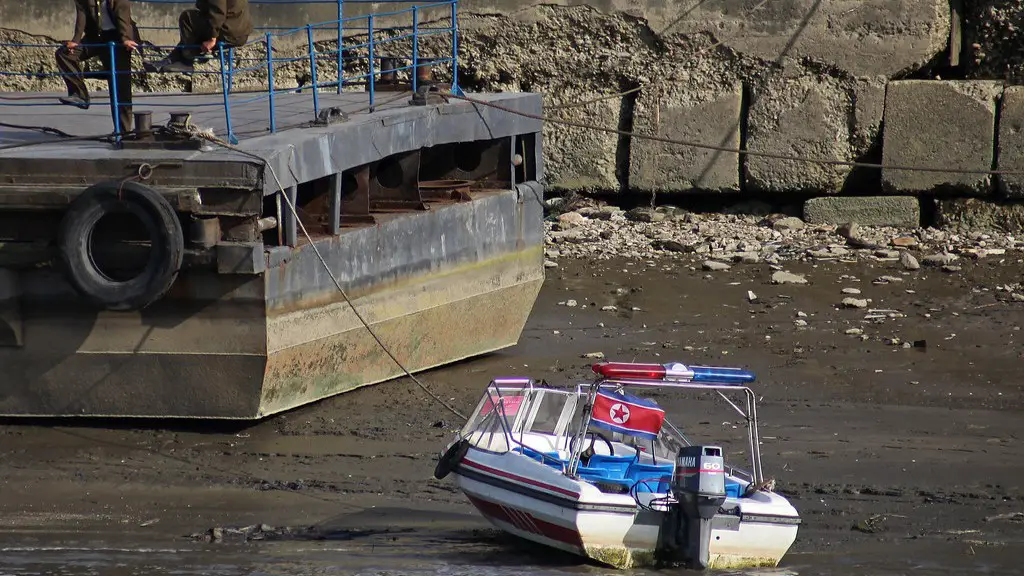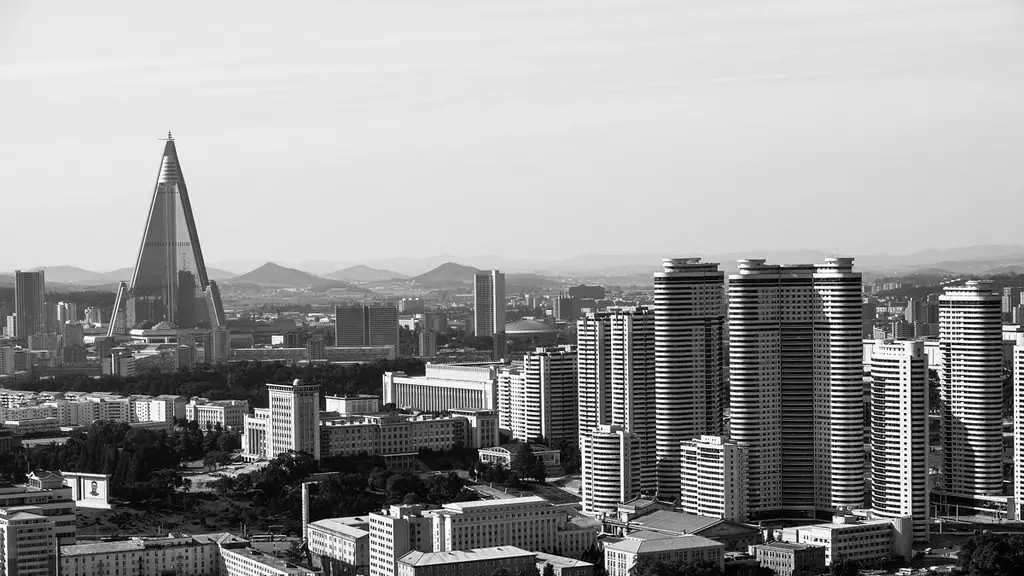History of North Korean Politics
North Korea is an authoritarian state led by Kim Jong Un and the ruling Workers’ Party of Korea (WPK). The party has been in power since its founding in 1948 and is officially committed to the building of a socialist society. In practice, however, the WPK has adopted policies of tight control and limited freedom of expression. The party has also been accused of human rights abuses and nuclear proliferation.
The WPK has roots that go back to the mid-1920s in what was then the Japanese-controlled Korean Empire. In 1945, the Soviet Union liberated the Korean Peninsula from the Japanese, and by 1948 the Democratic People’s Republic of Korea (DPRK) had been established. The WPK was founded in that year by a group of leftist intellectuals and was declared the new state’s ruling party.
Since its inception, the WPK has had three primary goals: maintaining a Stalinist system of government, promoting North Korea’s economic development, and strengthening the country’s national security. The WPK has been strongly supportive of the Kim dynasty, which has held power since the state’s founding. In 2012, the WPK declared itself a “revolutionary, militant party” devoted to protecting North Korea’s sovereignty and to leading the country to greater prosperity.
The WPK has exercised total control of North Korean politics since its founding. In the decades since its inception, the party has taken full control of the government, economy, and society. The party also maintains a monopoly on the media, schools, and military, and has been accused of using repressive tactics to suppress dissent and exercise control.
The WPK is a Marxist-Leninist organisation but in practice it has taken a more nationalist outlook. Since the late 2000s, the party has officially embraced Juche, a nationalistic philosophy that emphasises self-sufficiency, as its core ideological platform. In recent years, North Korea has made moves to increase its engagement with the international community, though the party still maintains strict control over the country and its citizens.
Ideology of North Korea’s Political Party
The WPK is a Marxist-Leninist party that promotes socialism and communism as its core ideological platforms. The party’s official line focuses on the establishment of a socialist state in which the working class controls the means of production and the distribution of wealth is based on the principals of “from each according to his ability, to each according to his work”. The party also promotes a “people’s democracy” based on collective leadership, which it sees as the path to an ideal socialist society.
The party is heavily nationalistic and advocates a “Juche” philosophy, which emphasises self-reliance and the power of the individual to make decisions. The party also supports a “Songun” or “military-first” policy, which places the North Korean military at the forefront of the government’s affairs. This policy has been credited with helping to ensure the country’s security, as well as its capacity to respond to external threats.
In foreign policy, the WPK is fiercely anti-capitalist and anti-imperialist. The party has been criticised for its support of oppressive regimes, such as Syria and Belarus, as well as its refusal to renounce its nuclear weapons. TheWPK is also opposed to US-led economic sanctions, which it sees as a form of economic warfare.
Since 2012, the WPK has focused on improving relations with its neighbouring countries, particularly South Korea and China. In recent years, the party has sought to open up the country’s economy to foreign investment, though this process has been very slow and highly controlled. The WPK is also eager to increase the country’s profile on the world stage and has made moves in recent years to improve its public image.
Leadership with North Korea’s Political Party
Kim Jong Un is the leader of the WPK and serves as the country’s supreme leader. He is the son of the late Kim Jong Il and the grandson of the late Kim Il Sung, both of whom ruled the country from the 1950s until their deaths in 2011 and 1994 respectively. Kim Jong Un was declared the supreme leader of the WPK in 2012 and was re-elected to the post in 2016.
The WPK is organised into several levels of leadership, including the Politburo, the Secretariat, and the Central Committee. Kim Jong Un is the head of the Politburo, the highest decision-making body in the party. He is supported by a group of senior officials, which include the influential Choe Ryong Hae, Kim Yong Nam, and Ri Sol Ju.
The WPK is also organised into a series of bureaus and committees, which oversee the day-to-day running of the party and the government. The party also maintains a number of “agencies”, which are tasked with carrying out the WPK’s orders and implementing its policies.
The WPK holds regular party congresses and conferences, where party members come together to discuss policy, elect officials, and celebrate significant milestones. The party also holds local and provincial meetings, which are attended by party representatives from all over the country.
Outlook of North Korea’s Political Party
The WPK is an authoritarian organisation that exercises absolute control over North Korean politics and society. The party has been able to maintain its dominance largely due to its tight control of the media and its use of repression to silence dissent. In recent years, North Korea has undertaken a series of economic reforms, but the WPK has remained committed to maintaining its grip on power.
The WPK will likely remain in power for the foreseeable future, as there is no viable opposition to the current regime. However, in the years ahead, the party faces the challenge of reconciling its commitment to Juche and its efforts to open up the country to the world. There is also the potential for the WPK to be challenged from within, as more North Koreans become discontent with the country’s lack of freedom and economic opportunity. How the WPK responds to these developments will have a major impact on the future of North Korea.
Reaction to North Korea’s Political Party
The WPK has been widely condemned by the international community for its human rights abuses and oppressive policies. The UN has repeatedly urged the party to end its use of forced labor, torture, and public executions. The US and other western countries have imposed economic sanctions on North Korea in an effort to pressure the WPK to reform.
Many in the international community are also wary of the WPK’s nuclear ambitions. The party has conducted several weapons tests in recent years, raising concerns about regional stability and sparking international condemnation. The US and other countries have called on North Korea to abandon its nuclear weapons program, but the WPK has refused to do so.
Despite international criticism, the WPK remains popular among many North Koreans. The party is credited with the country’s economic successes, and its members are often seen as symbols of strength and stability. The WPK has also sought to appeal to younger North Koreans with its embrace of technology and its efforts to improve the country’s standard of living.
Implications of North Korea’s Political Party
The WPK’s influence on North Korea extends far beyond the political realm. The party has the power to shape the country’s economic and cultural policies, as well as its diplomatic relations. The party’s control over the media and education system also ensures that North Koreans remain largely unaware of the outside world and are indoctrinated into the party’s ideology.
The WPK also has implications for the region and the world as a whole. Its nuclear ambitions, human rights abuses, and its close ties to other authoritarian regimes have raised fears about regional and international stability. The WPK’s policies also have implications for the global economy, as North Korea’s economic sanctions have the potential to cause shockwaves throughout the world.
The WPK’s future is uncertain, but it is clear that it will have a major impact on North Korea and the world for years to come. The party faces the challenge of maintaining its dominance in a rapidly changing world, and its responses to these changes will likely have far-reaching consequences. In the years ahead, the world will be watching to see how the WPK adapts its policies in order to survive and continue to exert its influence.
